Backing up and digitally archiving data are not the same thing, despite what some may think. Although they may seem similar, these two technologies have distinct functions and understanding the difference is essential to using them correctly. In this article, we’ll answer three questions: what is backing up data, what is digital archiving and why does the difference matter?
What is backing up data?
A backup is a copy of your data that can be restored in case of hardware failure or data corruption and loss. While the original data is not usually deleted, previous backups might be overwritten by more recent versions.
The primary goal of backing up your data is to always have a second copy offline or nearline of any information you don’t want to lose. For example, some computers create automatic backups on a reserved area of the hard drive so that previous versions of your operating system can be restored if a new update causes errors. You might also have noticed that your mobile phone likes to make backups whenever it finds a stable Wi-Fi connection so that your apps, files and user settings can be restored on a new device if your current one gets lost, broken or stolen.
In the business world, backups are useful when an employee accidentally or maliciously deletes important files. Without this technology, your business could grind to a halt. A second copy allows you to restore any data that was lost and prevent downtime. It’s your data insurance policy.
Backups also provide an extra layer of defence against ransomware attacks, which increased by 60 percent in Australia in the 2020-21 financial year. If your files aren’t backed up and a cybercriminal manages to encrypt them, preventing you from having access to them, you have two choices: pay the ransom or wave goodbye to your data. Even if you pay up, there’s no guarantee that you’ll regain access to your files. In fact, 24 percent of businesses that paid cybercriminals didn’t receive their data back. With a solid backup system, however, you can identify the source of the attack, stop it in its tracks and restore all of your data.
What is digital archiving?
While the purpose of a backup is to restore files to a past state, an archive serves multiple purposes. Digital archiving can be used to free up space on primary storage and to retain copies of files for long-term reference.
In contrast to backups, data that is moved to archives is usually inactive, which means it isn’t changing anymore and only one version should exist. Digital archives offer a secure document storage solution that can be used to store data in a compliant manner for long periods of time, maybe even decades, guaranteeing data integrity in case it needs to be checked in future, such as a contract signed by a customer years ago.
As well as minimising records management risks, there are many other benefits to digital archiving on-premise or in the cloud. For example, the indexing features of this technology improve searchability so that employees can quickly track down every sales order, invoice and contract that your company has ever sent or received. Long-term data retention and storage is also extremely useful for compliance and legal purposes. If a dispute arises regarding your business practices, contracts or employees, all the relevant data can be located instantly. Take, for example, an employee who believes they are being bullied in the workplace. If you archive every email that is sent or received, you can easily search through them using keywords to check whether these claims are true and take the necessary steps. Or if a client accuses you of breaching a contract, you can locate the document instantly, refute the claims and minimise damage to your reputation.
Why the difference matters
Now that we’ve answered these two questions, what is digital archiving and what is backing up data, it’s worth noting why the difference matters. Although many people confuse the two technologies, they actually serve very different purposes. Backup systems are designed to restore lost or damaged data, whereas digital archives are used to store inactive data for long-term safekeeping and retrieval.
While the restore function of backups enables you to revert changes and recover data that has been lost, encrypted or deleted, it can only restore data to a single point in time, such as restoring a spreadsheet to the version you had yesterday. In contrast, digital archives store data from a wider range of time, for example, every single invoice that your company has received in the last five years.
Digital archiving is a more advanced technology and provides greater benefits, as it enables you to save space on primary storage, keep track of every version of your data and retrieve information whenever necessary. Some people keep their backups for many years and try to use them as an archiving system, but backups aren’t designed for data retrieval in this way, and the process can be extremely difficult and time-consuming. With digital archives, all you need are a few keywords or indexed metadata to retrieve the exact file you’re looking for.
Which one is right for you?
The short answer is both. Backups and digital archives serve similar but ultimately different purposes, so combining the two technologies is the best way to ensure maximum protection for your data.
By now, most people understand the importance of backing up valuable information. Almost all of us have lost a phone or had to restore an operating system to a previous version after unstable updates, and it’s reassuring to know that this data is recoverable. However, you shouldn’t think that you can use your backups as archives.
If you need to store data securely in the long term while maintaining access to it, your best bet is a digital archiving solution either on-premise or in the cloud. This not only frees up storage space on your primary drives but also ensures that your most important business data will always be available for reference, saving valuable time and minimising the risk of legal problems.
Businesses are handling more documents and data than ever before, and many are struggling to keep up. The answer lies in automating workflow management using modern technologies such as Content Services solutions to drive efficiency and business growth.








